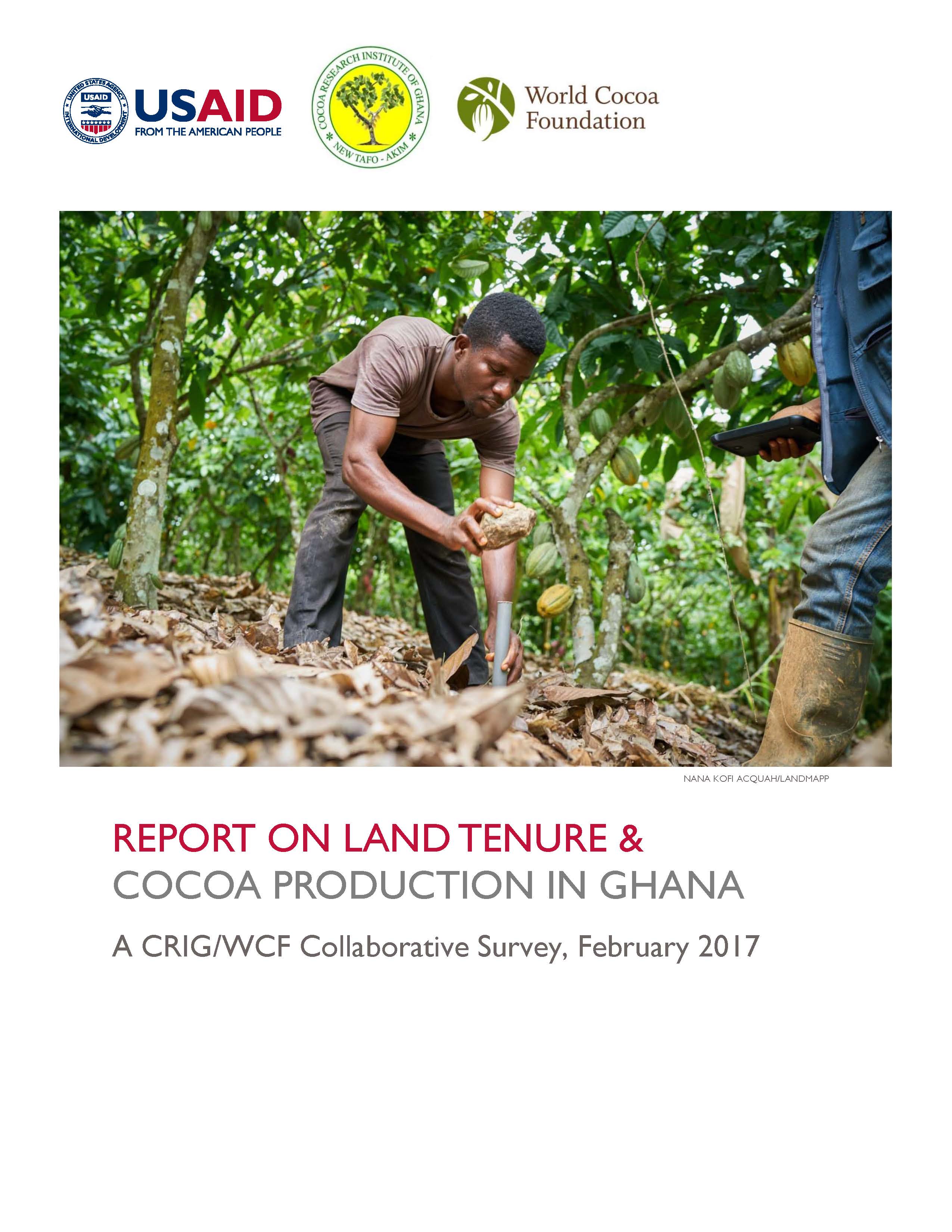Location
At its inception, the Central Cocoa Research Station was assigned clear goals within the Gold Coast Department of Agriculture, to investigate the pest and disease problems of cocoa in order to maintain production in the Eastern Province and elsewhere in the Gold Coast. In 1944 when the Research Station was up-graded to WACRI, the objectives were widened to include investigations into the disease and pest problems of cocoa in West Africa, soil fertility and good agricultural practices, with the view to increasing yield and farmers' income.
The Committee which reviewed the operations of the Ghana Academy of Sciences under the Chairmanship of Sir John Cockcroft of the United Kingdom in 1966, recommended that CRIG programmes should be expanded to include research on coffee and kola. In 1974, the Ghana Cocoa Marketing Board (now Ghana Cocoa Board) accepted a recommendation by CRIG to include shea research in its programmes to provide scientific support for the development of the shea industry in the savanna zone of Ghana.
CRIG was transferred to the Ministry of Cocoa Affairs in 1976 and taken over by the Ghana Cocoa Marketing Board (now Ghana Cocoa Board) in 1984 after the abolition of the Ministry.
Members:
Resources
Displaying 1 - 1 of 1USAID Report on Land Tenure & Cocoa Production in Ghana
The Cocoa Research Institute of Ghana (CRIG), with support from the World Cocoa Foundation (WCF) the United States Agency for International Development (USAID), performed the Ghana Land Tenure Baseline Survey, the first of its kind survey of tenure rights among cocoa farmers in Ghana. CRIG surveyed almost 1,800 cocoa farmers operating 3,900 cocoa plots regarding various land tenure issues within customary sharecropping arrangements and on owner-managed land. This report describes the findings from the Survey.


